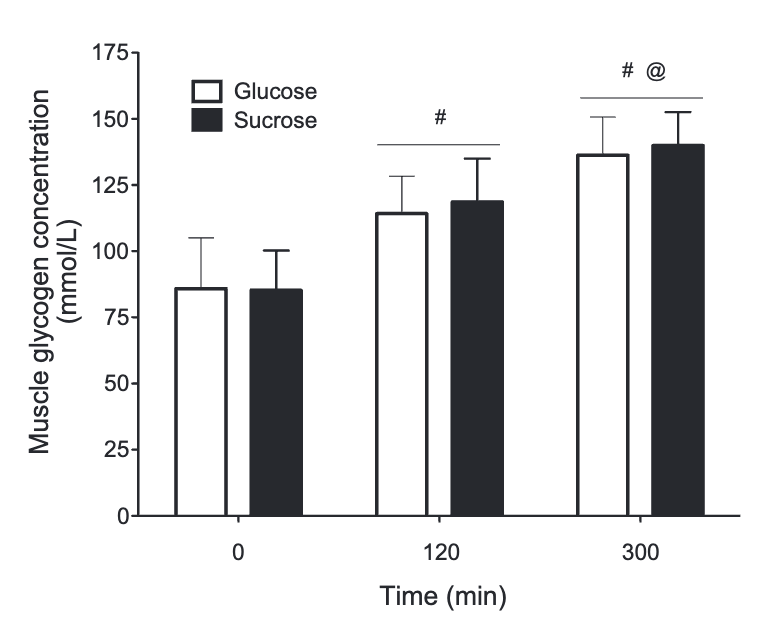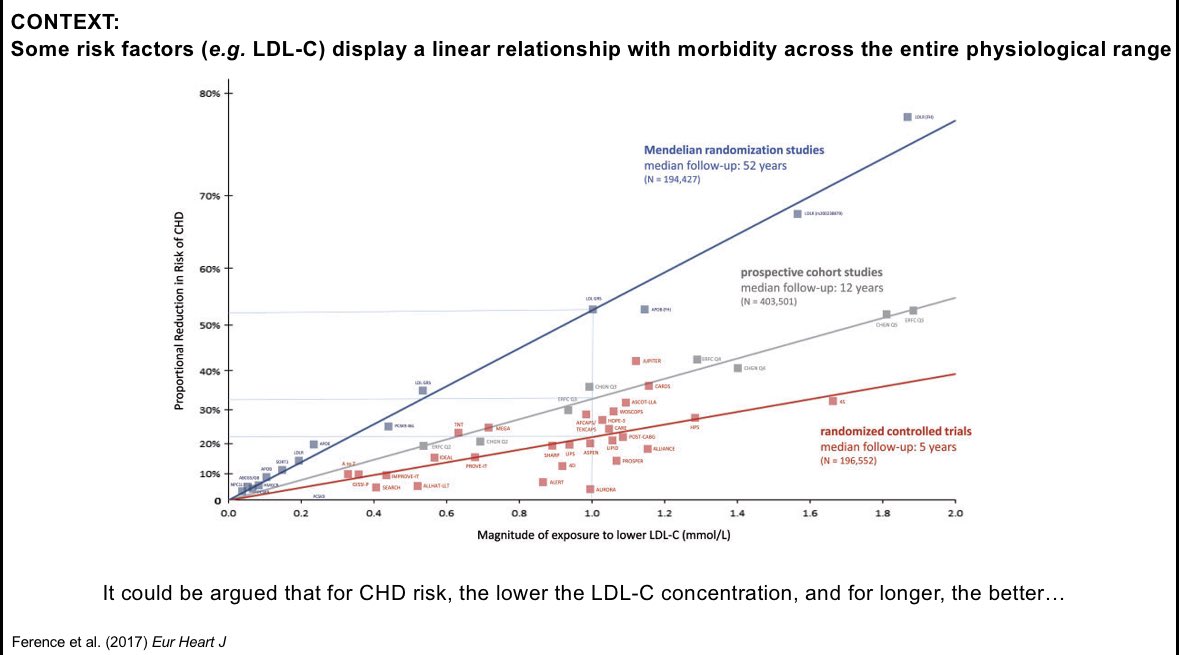Great to see this new research out in @IJSNEMJournal led by @timpodlogar
A 🧵 to give a bit more background...
#cycling #LaVuelta22 🍚🍌🚵
1/13
A 🧵 to give a bit more background...
#cycling #LaVuelta22 🍚🍌🚵
1/13

Athletes commonly train almost everyday (and sometimes multiple times a day), so carbohydrate stores are often being depleted and need replenishing.
A goal of a pre-competition breakfast is to keep carbohydrate stores (glycogen) topped up
2/13
A goal of a pre-competition breakfast is to keep carbohydrate stores (glycogen) topped up
2/13

This is particularly important as our carbohydrate stores are relatively limited (vs fat stores).
journals.lww.com/acsm-essr/Full…
Yet carbs are essential for maintaining prolonged, high-intensity (top-end) performance.
3/13
journals.lww.com/acsm-essr/Full…
Yet carbs are essential for maintaining prolonged, high-intensity (top-end) performance.
3/13

Breakfast is a special meal for our liver glycogen (more than muscle glycogen).
This is because liver glycogen is depleted overnight as liberated glucose provides fuel for the brain while we fast.
So, does breakfast matter if we are taking on board carbs during exercise?
4/13
This is because liver glycogen is depleted overnight as liberated glucose provides fuel for the brain while we fast.
So, does breakfast matter if we are taking on board carbs during exercise?
4/13

A: Yes! A high-carbohydrate pre-exercise meal can increase capacity for moderate-to-high intensity exercise, even when we are consuming carbohydrates during exercise
5/13
5/13

So what about the types of carbohydrate to include in the breakfast?
Some of the main types of carbs can be seen below. Most cereals (e.g. pasta and rice) will be polysaccharides (chains of glucose molecules).
🍝🍚
Fructose though, is a bit special...
6/13
Some of the main types of carbs can be seen below. Most cereals (e.g. pasta and rice) will be polysaccharides (chains of glucose molecules).
🍝🍚
Fructose though, is a bit special...
6/13

After exercise, ingesting fructose-containing carbs (e.g. sucrose) can accelerate (by up to 2-fold!) the replenishment of liver glycogen stores
7/13
pubmed.ncbi.nlm.nih.gov/27013608/
7/13
pubmed.ncbi.nlm.nih.gov/27013608/

This is probably because of the special way in which fructose is metabolised in the liver
9/13
physoc.onlinelibrary.wiley.com/doi/epdf/10.11…
9/13
physoc.onlinelibrary.wiley.com/doi/epdf/10.11…

Another potential benefit of ingesting fructose alongside glucose-based carbohydrates is providing a separate route for carbohydrate absorption in the gut (i.e. more rapid total CHO absorption)
10/13
10/13

So based on this background, it was hypothesised that adding fructose to a carbohydrate-rich breakfast might increase exercise capacity.
To test this, cyclists were provided with rice-based breakfasts with added glucose or fructose (to match for total carbohydrate) 11/13
To test this, cyclists were provided with rice-based breakfasts with added glucose or fructose (to match for total carbohydrate) 11/13
Interestingly, exercise capacity was increased by ~5% with the rice+fructose versus the rice+glucose
journals.humankinetics.com/view/journals/…
12/13
journals.humankinetics.com/view/journals/…
12/13

I would note that many athletes already add fructose at their breakfast (either intentionally or unintentionally).
Often science provides evidence for (and sometimes against) what athletes already do in practice.
Most condiments on this table contain fructose... 13/13
Often science provides evidence for (and sometimes against) what athletes already do in practice.
Most condiments on this table contain fructose... 13/13

• • •
Missing some Tweet in this thread? You can try to
force a refresh



















